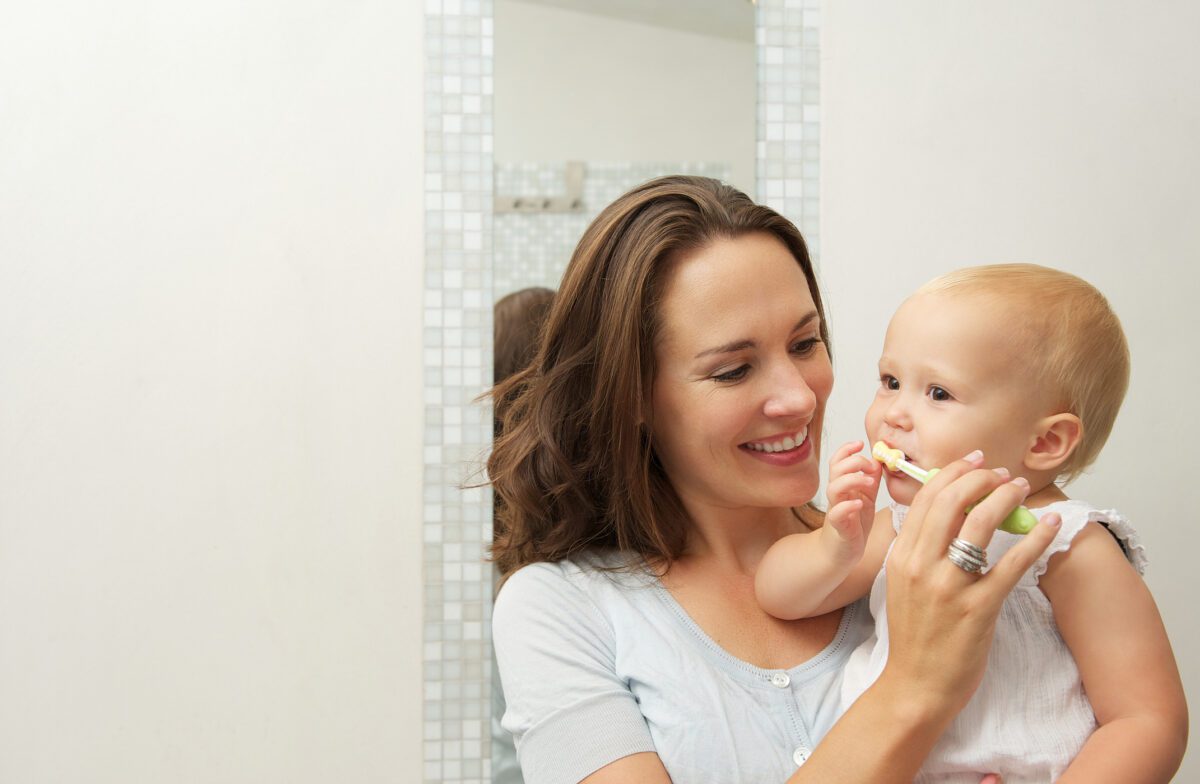Some of the links in this post are affiliate links. This means if you click on the link and purchase the item, I will receive an affiliate commission at no extra cost to you. All opinions remain my own.

Parents and caregivers often find themselves concerned about the growth and development of their children’s baby teeth. While baby teeth will eventually fall out to make way for permanent teeth, they play a critical role in a child’s early development. This includes helping with speech, maintaining space for permanent teeth, and aiding in proper chewing. Addressing common issues with baby teeth promptly is essential for a child’s overall oral health.
Baby Teeth That Don’t Come In
When baby teeth don’t come in as expected, it might cause concern. However, it’s essential to remember that children develop at different rates, and delays in teething are often nothing to worry about. If a child’s teeth haven’t started to come in by 12 to 14 months, it’s advisable to consult with a pediatric dentist. Sometimes, there may be underlying issues such as a lack of space for the tooth to emerge or ankylosis, where the tooth becomes fused to the bone. In such cases, professional evaluation and intervention may be required to ensure proper development.
Baby Teeth That Fall Out Too Soon
Baby teeth that fall out too soon can lead to potential problems. When a tooth is lost prematurely, it may cause neighboring teeth to shift into the vacant space, leading to alignment issues later on. Early loss of baby teeth may require professional treatment. A pediatric dentist might recommend a space maintainer to keep the space open for the permanent tooth. Parents should promote good oral hygiene habits, such as regular brushing and flossing, to prevent cavities and other issues that can lead to early loss of baby teeth.
Baby Teeth That Won’t Fall Out
Sometimes, baby teeth don’t fall out on their own, even when the permanent tooth is ready to come in. This situation might occur if the baby tooth’s roots haven’t dissolved as they typically would, or if the permanent tooth is not pushing on the baby tooth in the correct direction. If a baby tooth doesn’t fall out and the permanent tooth is beginning to emerge, it’s essential to consult a dentist. A dental professional can determine the cause and might need to extract the baby tooth if necessary. Parents should avoid attempting to pull the tooth out at home, as it might cause pain or injury.
Baby teeth might be temporary, but their health is a lifelong concern. Parents must be vigilant and proactive in addressing common issues like delayed eruption, premature loss, or retention of baby teeth. Regular dental check-ups, proper oral hygiene practices at home, and prompt attention to any concerns can pave the way for a child’s healthy and beautiful smile. Whether it’s the first tooth or the transition to permanent teeth, a thoughtful approach to your child’s dental care can set them on the path to a lifetime of oral health.
Did you enjoy this article? You might also like: Financial Tips for Moms Running a Business From Home
Leave a Reply